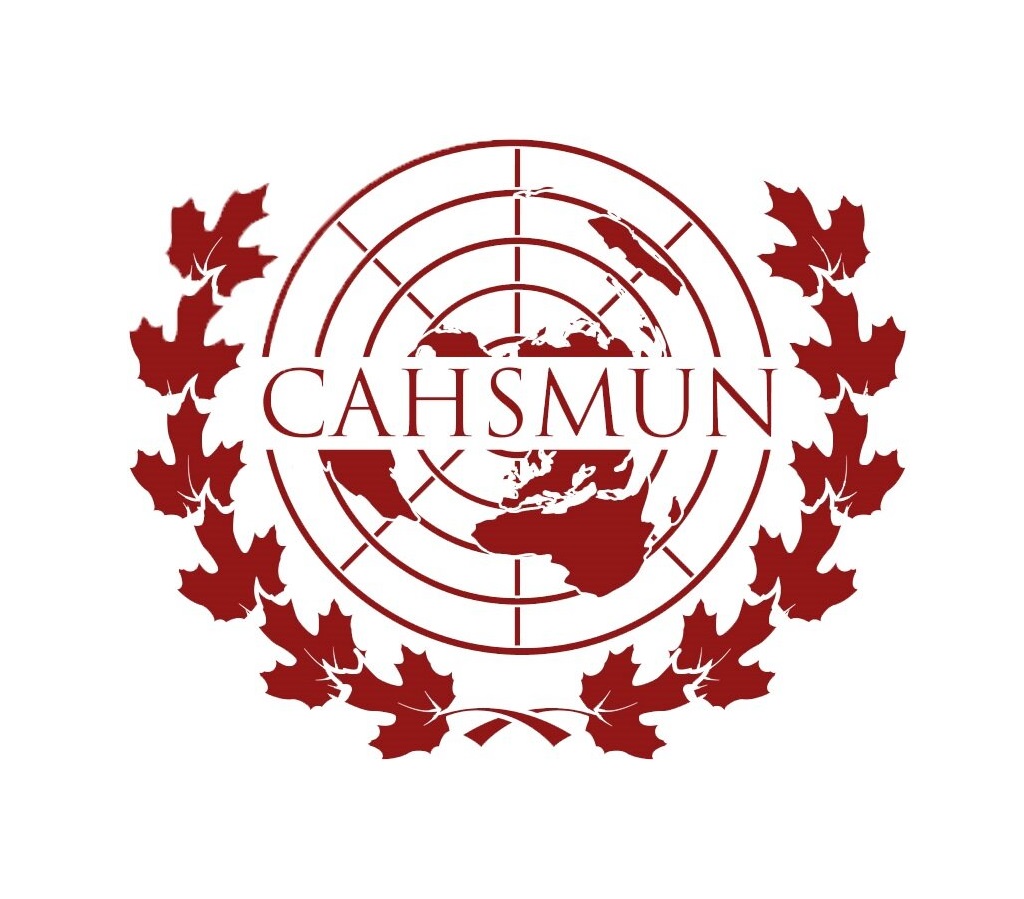(CNN) – Recounting yesterdays events the countries went over their blocs and what they are hoping to accomplish in the world of juvenile offenders.
“Collaboration is key,” says Cuba during today’s discussion, they explained their three-step approach to the committee which focuses on rehabilitation and preventative measures, vocational training, and youth representation in the judicial system. This bloc strongly believes in the accessibility of vocational training to youth who are incarcerated so they have a life to look forward to after serving their time rather than being thrown out into the world with no experience or support for them to be able to stand on their own feet.
Bloc PRR wants to train police forces with youth-sensitive solutions rather than using the same protocol used on adults, such as taking them to interrogation centers; rather, they are pressing for the presence of a guardian when speaking to children between the ages of 12-18. They stated that it is a violation of human rights when children are questioned and persecuted without a guardian present.
They hope to implement prevention plans for youth with a focus on education for impoverished communities and rehabilitation systems and programs in juvenile detention centers. Along with resource bases with advisory options for reintegration.
China says that ” the opposing bloc, Australia wastes money on their solutions” and goes on to explain their bloc with the United States. This bloc looks into diverse representation in the legal system for youth along with an immense amount of pressure on the topic of educating them on the law and how it is their job to uphold the law in civil society. China also states that since the funding for their solutions comes from China and the United States it would be more effective since it would be a stable source of funding rather than creating a pool of funds that you could not be certain how much money they would generate.
Australia aims to focus on racism within justice system especially against youth. Which Cuba’s bloc, Zambia, Yemen, and Japan, also agree with hoping to have accessible and appropriate representation in judicial courts and procedures.
Germany would also like to see youth representation in our justice system with initiatives similar to their own system which follows educational solutions for youth offenders rather than the punishment of incarceration being the first step, it should be the last.
Australia also believes in international organizations and NGO’S act as support systems of all while not imposing on national sovereignty of any state or nation stating that there is no “one size fits all solution”
This ties in with Italy’s stance on case-by-case action being taken since all children are different, especially with different levels of mental maturity.
Australia is also pushing for anti-biased and race-based training for police, along with community-led initiatives and rehabilitation centers, which they believe would be beneficial for youth, especially with reintegration and overall support.
They also advocated for safer and cleaner spaces for youth in these detention centers because many of them lack hygiene.
“Reintegration must be the end quote” is what Australia says.
There was also a lot of discussion on the topic of role models for children that are beneficial for them and that make them feel seen, safe and heard so they know that it is their well-being is in the best interest of all countries.
Religious beliefs should be taken into account before sentencing is given is what Saudi Arabia says and looks forwad to working towards respecting national sovereignty as well rather than an overall solution that is a one-size-fits all.
“This is not about winning based on your ideals, but coming up with effective solutions that will help the youth”, is what China says matters at the end of the day.
